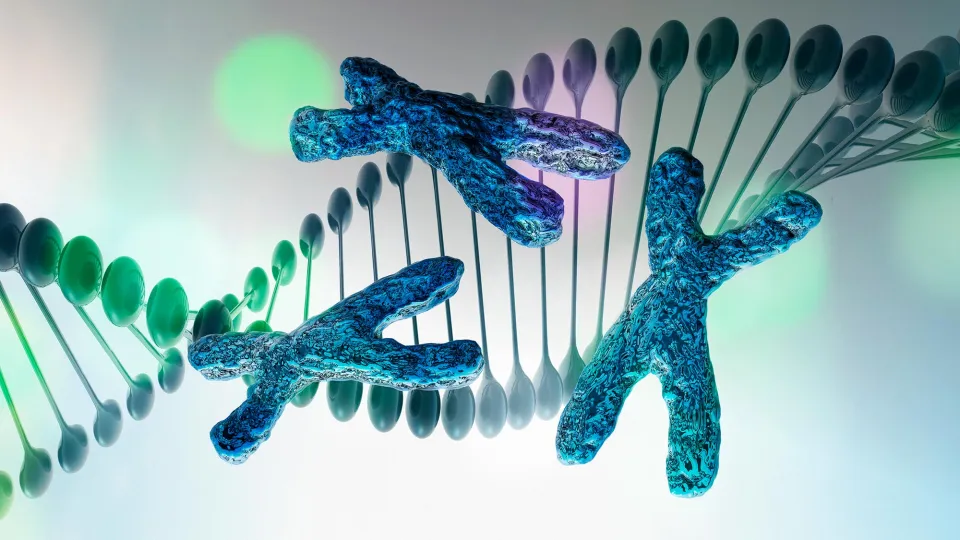News Brief
Investigating a Protein's Role in Neurological Disorders
October 3, 2023
KIF1A-associated neurological disorders (KAND) are rare neurodevelopmental and progressive neurodegenerative conditions caused by mutations affecting the microtubule motor protein KIF1A. KAND disorders are poorly understood in part because it’s unclear how KIF1A proteins move along microtubules to transport molecular cargoes within neurons.
The National Institute of General Medical Sciences has awarded Arne Gennerich, Ph.D., and Hernando J. Sosa, Ph.D., a four-year, $2.4 million grant to identify the functional mechanisms that enable KIF1A to move along microtubules and also to determine the structural defects resulting from KIF1A mutations. The researchers will use imaging techniques including cryo-electron microscopy combined with optical tweezers-based force measurements and protein engineering approaches, to gain insights into KIF1A’s structure and function.
The new grant adds to the KIF1A support from a 2022 XSeed Award, which provided both researchers with $100,000 to use structural analysis and in vitro assays to identify small molecules that might be able to restore KIF1A function in children with KAND.
Dr. Gennerich is professor of biochemistry at Einstein. Dr. Sosa is professor of biochemistry at Einstein. (1R01GM147332-01A1)



